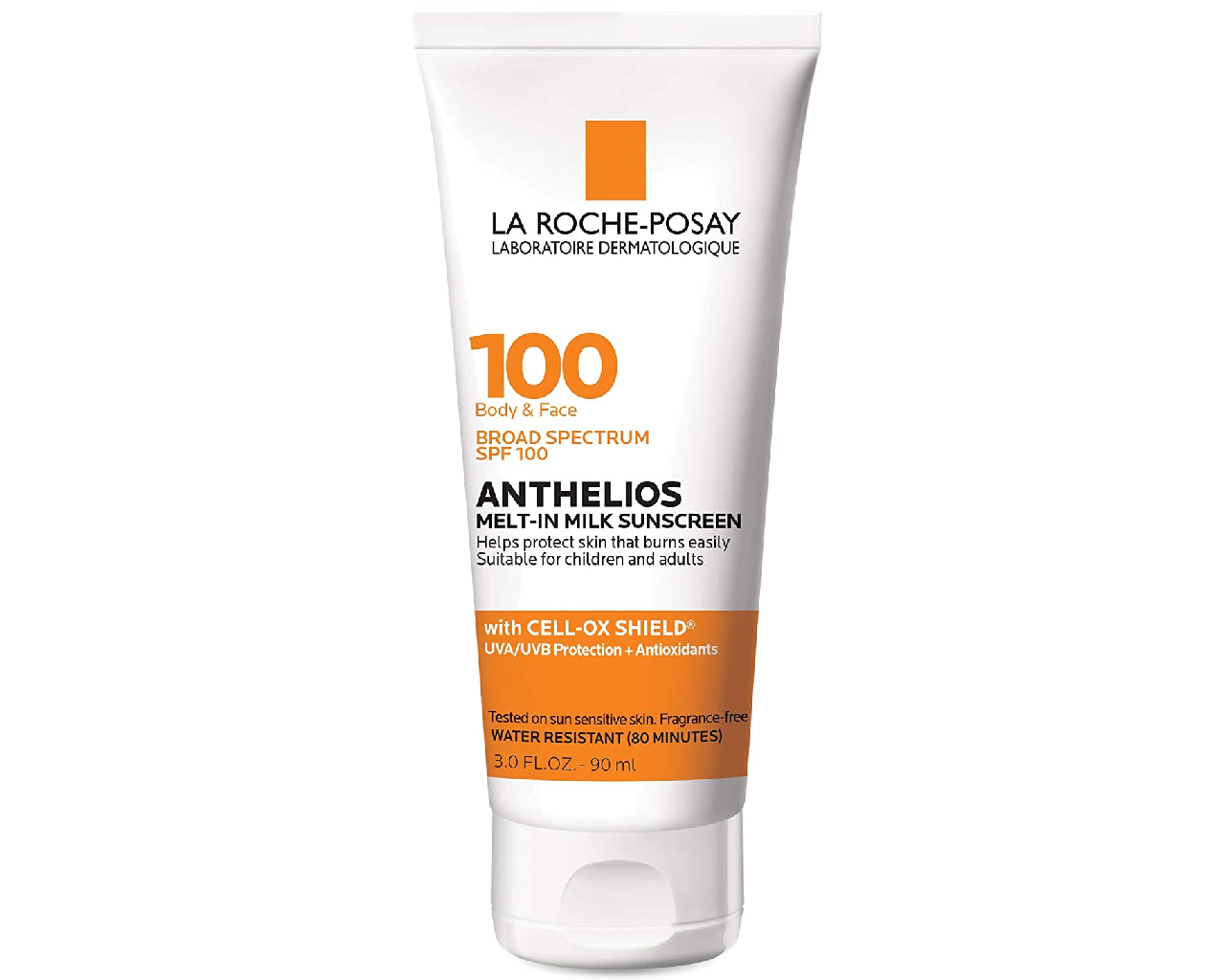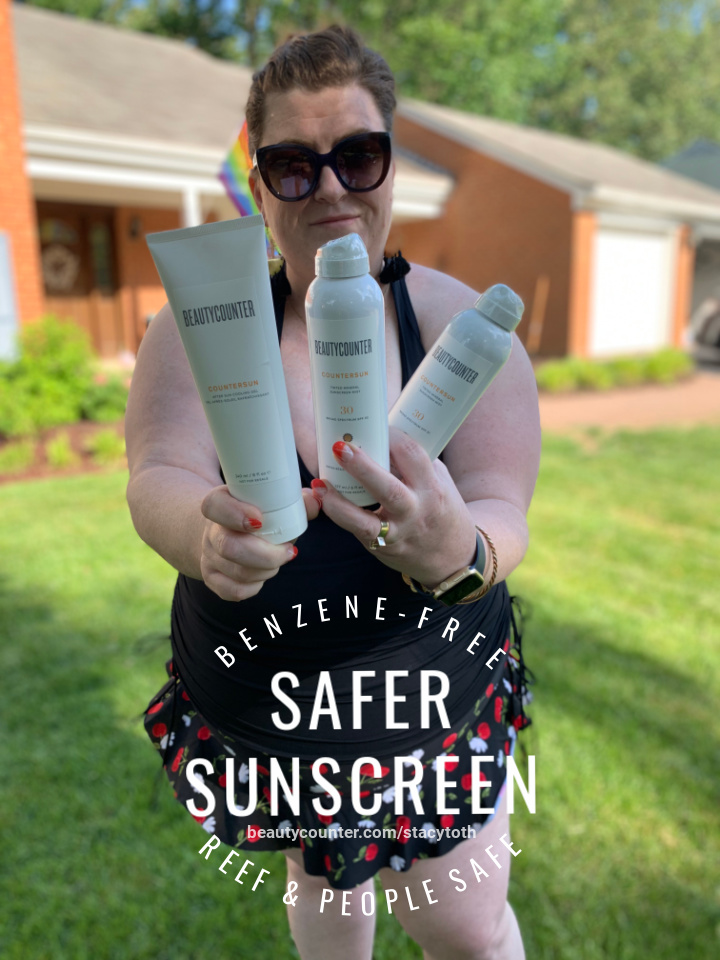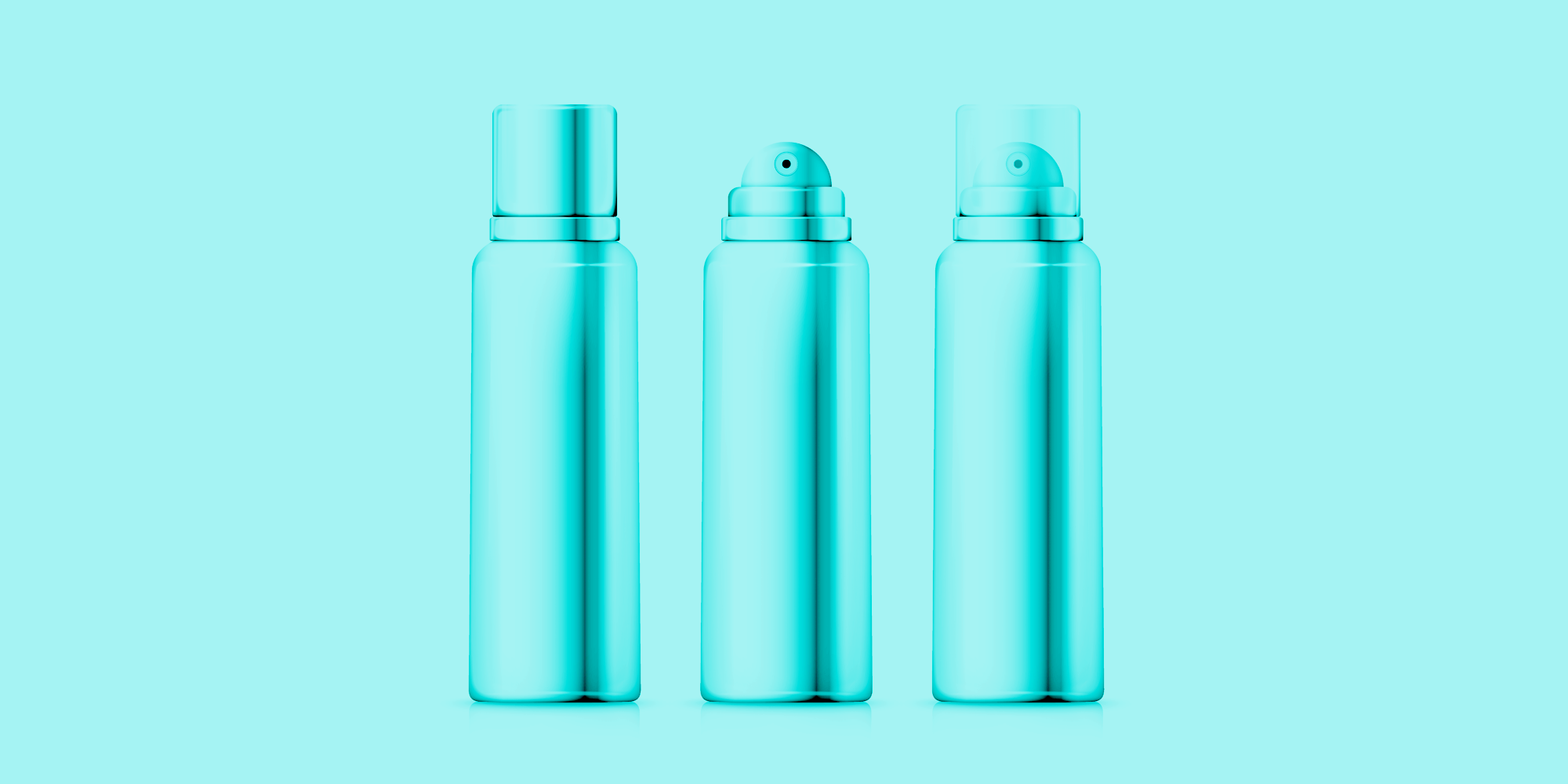
The effects of benzene vary depending on the level and length of exposure and how it enters the body. Repeated exposure to benzene affects the body's cell regulation, causing irregularities in white blood cells and anemia. Because repeated small exposures to benzene can pose a chronic health risk, experts recommend people avoid benzene exposure as much as possible. You may also breathe in some benzene in your home due to the chemical's presence in paints, glues, detergents, and furniture wax. Outdoor pollutants, such as vehicle exhaust and fumes from gas pumps, expose everyone to benzene on a daily basis. Manufacturers commonly use benzene to produce products such as rubber, plastic, and pesticides. It is a byproduct of burning tobacco and tar and refining crude oil. What is benzene?īenzene is a chemical that naturally occurs in crude oil, gas, and cigarette smoke.

#Benzene in sunscreen skin
Because exposure to even small amounts of benzene through ingestion, inhalation, dermal absorption, and skin or eye contact is a known health risk, the FDA recommends manufacturers avoid benzene in sunscreen and other drug products. As a result, the FDA restricts benzene content in drug products to 2 parts per million, and only allows it at all in cases where there is no way to make a drug product with significant therapeutic benefits without using benzene in the manufacturing process. The Food and Drug Administration regulates sunscreens as over-the-counter drug products. Additionally, long-term exposure to benzene may cause fertility issues, weaken the immune system, and cause anemia. When a product that’s formulated to help people avoid skin cancer contains an ingredient that can increase blood cancer risk, consumers are right to worry. Scientists widely accept that benzene exposure increases the risk of blood cancers, such as leukemia. This means that there is enough research that links benzene exposure to cancer risk. The problem with benzene in sunscreenīenzene is a Group 1 carcinogen. However, recent reports have raised concerns about benzene in sunscreen. Fortunately, research has shown that regular sunscreen use may reduce that risk.

Exposure to ultraviolet radiation from sunlight increases the risk of developing skin cancer. But please don't abandon sunscreen altogether.Skin cancer is the most common cancer in the United States, with about one in five Americans developing it in their lifetime. Still, if you have one of the recalled sunscreens, the recall notice says you should stop using it and discard it. But these findings and the recall should not be a cause for panic. So, yes, small exposures over a lifetime can add up to increase your risk for cancer and it's worth finding ways to reduce your exposure to the chemical. Common chemical sunscreen ingredients like avobenzone and oxybenzone are not secretly benzene even though they may sound similar, cosmetics chemist Stephen Alain Ko, explained on Instagram. But, to date, exposure to benzene in personal care products hasn't been linked to actual cancer cases.Īlso, know that the presence of benzene in these sunscreens doesn't have anything to do with whether or not the product is chemical- or mineral-based.

There's not as much research about how much benzene is absorbed through the skin, Dr.

It's also used in the manufacturing processes for plastics, nylon, and rubber. The truth is that we are all probably getting exposed to small amounts of benzene on a daily basis through inhaling gasoline, car exhaust, or cigarette smoke, the Centers for Disease Control and Prevention (CDC) explains. In products like this, benzene is not purposely added but rather a trace contaminant, meaning it's an impurity in another ingredient, cosmetics chemist Michelle Wong, Ph.D., explains on her blog Lab Muffin. But the situation here is more complicated than it seems. Of course, finding out that a carcinogen has been hanging out in a product you put on your skin is worrying-especially so when that product is something you normally count on for protection. So far only Neutrogena and Aveeno have recalled their products. But the issue of benzene in sunscreens first popped up in late May when Valisure, an independent online pharmacy and testing company, released a report showing the presence of the chemical in 78 batches of products from major brands, including Neutrogena, Banana Boat, CVS Health, Sun Bum, Walgreens, and more. This recall is a direct result of the company's own internal testing.


 0 kommentar(er)
0 kommentar(er)
